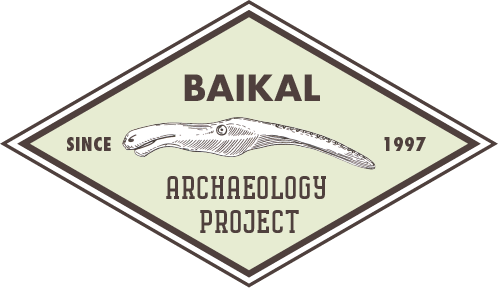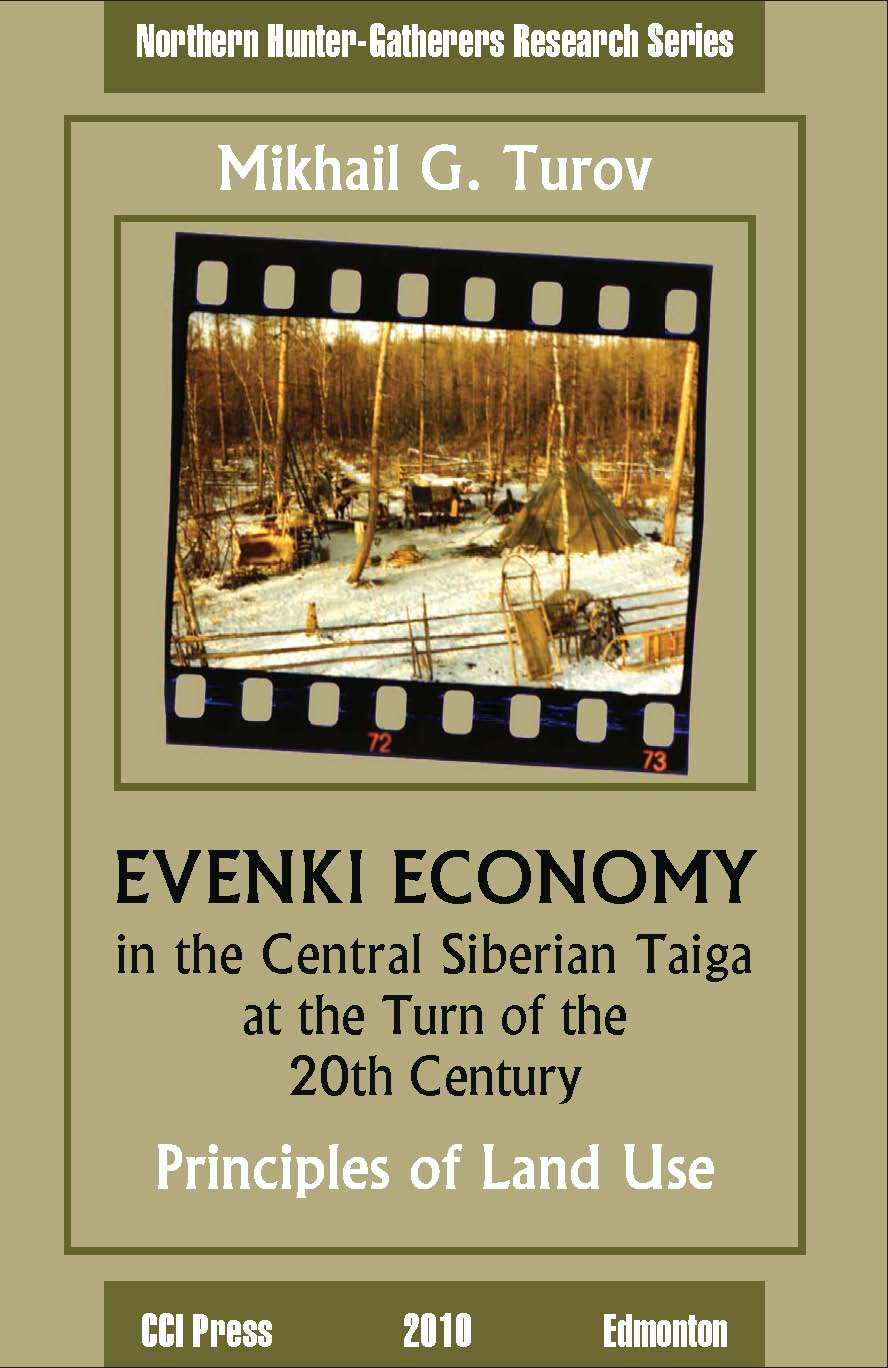Northern Hunter-Gatherers Research Series Volume 5
Authorized English translation of the second Russian edition (1990) prepared by Andrzej W. Weber and Ksenia Maryniak
Mikhail G. Turov’s monograph is essentially the first ethnography produced by a Russian scholar that focuses on the culture-economic adaptations of Evenkis in the taiga zone of Central Siberia. This work is based on the author’s extensive field research, as well as on a broad examination of literary and archival sources. It differs substantially from the mainstream Russian ethnographic research of the time in its focus, which shifts away from the traditional interests in ethnic history and origins, and from static descriptions of the material culture, social and political organization, rituals, and religious life.
This work will be of considerable interest to western readers because of its approach, which is as close to culture-ecology as it gets in Russian ethnographic scholarship. While in the West the culture-ecological school was a major breakthrough in hunter-gatherer studies, it never, despite the huge potential, took hold in Soviet ethnography because of their political and intellectual isolation. With the collapse of the Soviet Union, preceded by a rather lengthy economic crisis, the natives of Siberia were faced with a number of new challenges, and this immediately became the focus of contemporary ethnographic work. Thus, Turov’s monograph retains its status of a very rare ethnography employing an approach akin to the culture-ecological school. For this reason it should be of great interest to ethnographers and archaeologists working with northern hunter-gatherers past and present.


